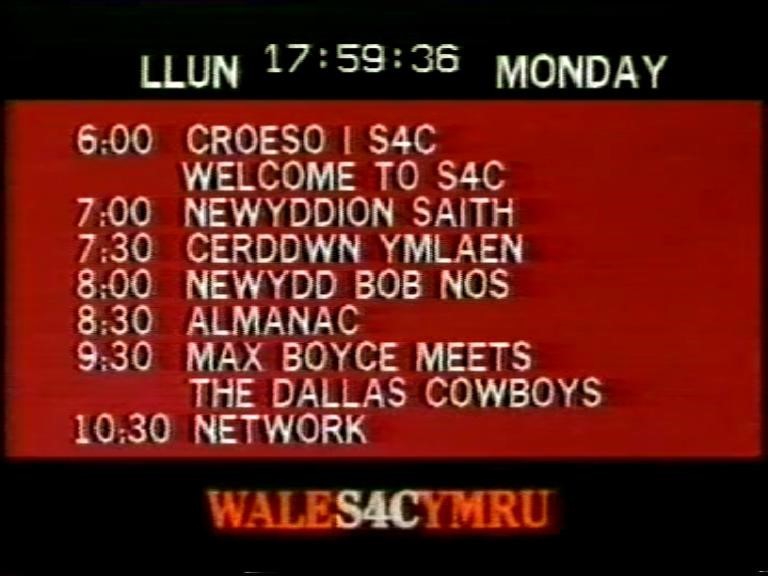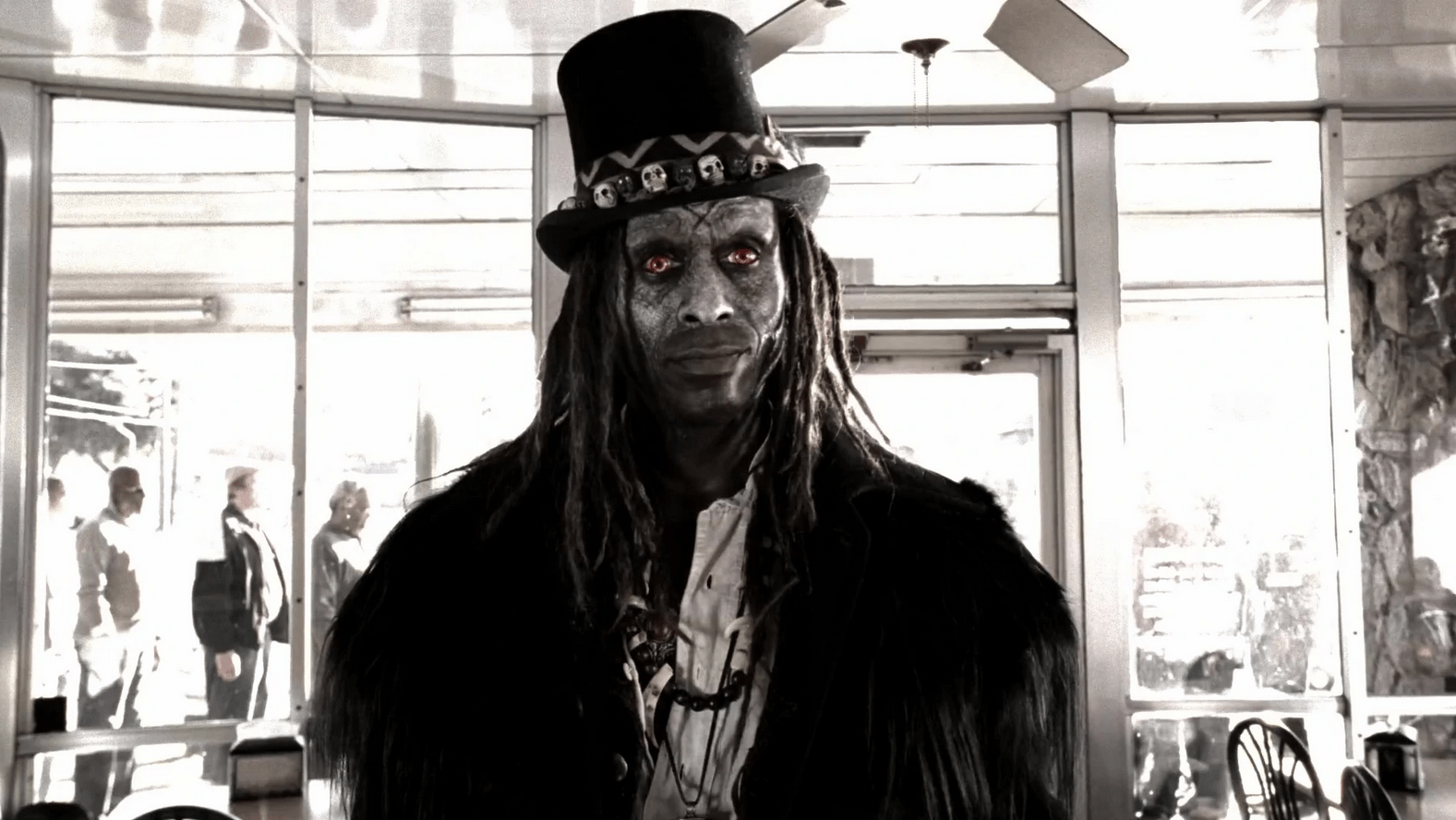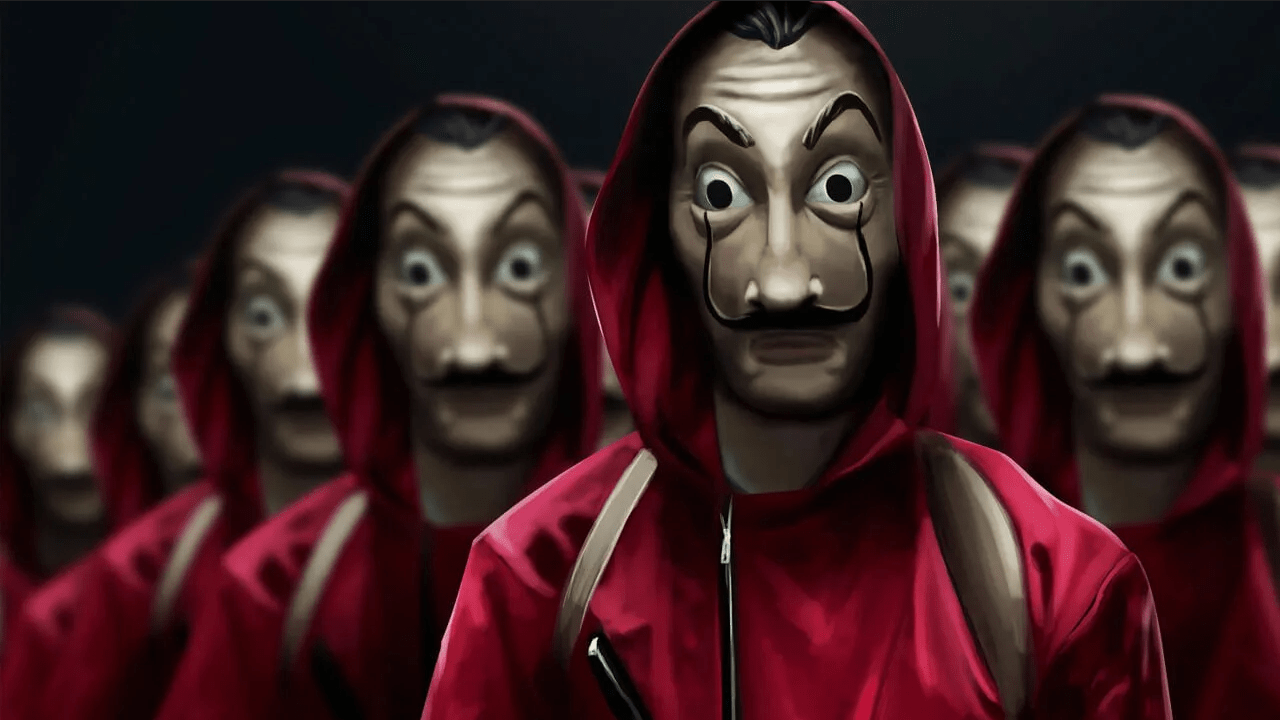Dear colleagues, We have just launched a new survey investigating the use of ‘trigger warnings’ in the classroom: https://hass.eu.qualtrics.com/jfe/form/SV_6xvCqDBwF2uXvnw Trigger and content warnings are part of public space.

A University of Brighton/CREAM, University of Westminster conference July 27 th and 28 th 2023, University of Brighton, Grand Parade, BRIGHTON** ** Organisers Dr. Christopher Hogg – C.Hogg@westminster.ac.uk (University of Westminster) Dr. Douglas McNaughton – D.Mcnaughton@brighton.ac.uk (University of Brighton) Overview Design is a key element of all sorts of television, but frequently neglected in academic

Why is there so little TV scholarship about TV and sports? —John Ellis John Ellis posed this simple yet salient question in his think piece for this online forum back on 21 May 2021. Given the outsize role that sports programming has played on TV around the world since the medium’s inception, it is indeed surprising that this subject has drawn such little interest from most television scholars over the years.

Picture it: Gaborone, Botswana, 2008. An international co-production between the US (HBO), UK (BBC) and South Africa (Film Afrika) is filming an adaptation of Scotsman Alexander McCall Smith’s book series about Tswana ‘lady detective’ Precious Ramotswe (Jill Scott in the adaptation), The No. 1 Ladies’ Detective Agency (HBO/BBC/Film Afrika, 2008-2009) .

Sometimes… just sometimes… you can go back… Oh, I’m not talking here about something as lazy as nostalgia. We’ve debated the potential dangers of that before – of that attempt to wind time back to a point that you recall as being some idyllic perfect moment. No, what I’m thinking about here is perspective and experience… and how they form enjoyment.

Television continues to be a key site through which social and cultural power dynamics play out: behind the scenes, television struggles with traditional hierarchies that favour dominant discourses and people with multiple points of privilege. This is due to casualisation and long working hours remaining unsustainable for people for a number of reasons including caring responsibilities, non-normative bodies, or lower economic backgrounds.

VIEWJournal issue #25: The Changing Newsroom: Disinformation & Multimedia Journalism: The availability of technology and data as an opportunity and as a threat. Presented by: MediaNumeric Guest editors: Joke Hermes (InHolland University of Applied Sciences, MediaNumeric partner), Kuba Piwowar (SWPS, MediaNumeric partner) & Julia Conemans (Netherlands Institute for Sound & Vision, MediaNumeric partner &

Call for papers for a special issue of the TMG Journal for Media History In 2021, the Netherlands celebrated 70 years of television. To commemorate this anniversary, a team of Dutch television scholars organised the Television Histories in Development conference, hosted by the Netherlands Institute for Sound and Vision. This event included the book launch of De televisie. Een cultuurgeschiedenis ( Television.

FIFTEEN YEARS OF THE MARVEL CINEMATIC UNIVERSE Friday 25th to Sunday 27th August , 2023. Bader College, Herstmonceux Castle, East Sussex, UK “That’s how Dad did it, that’s how America does it…and it’s worked out pretty well so far…” – Iron Man (Favreau, 2008) In the early 2000’s, Marvel had firmly re-established itself on screen – via various

CALL FOR PAPERS – PERSPECTIVES ON CONTEMPORARY LEGEND 40th conference International Society for Contemporary Legend Research Sheffield, South Yorkshire, UK | 26-30 June, 2023

Chapter contributions are welcomed for an edited scholarly volume on the global impact of streaming services, crucially Netflix. The American company Netflix has, owing to its pioneering role, become synonymous with the world of streaming. The growing list of “Netflix Nations” (to invoke the title of Ramon Lobato’s 2019 book) means that there are only a few territories such as China, Iran, North Korea, and Syria that remain outside its purview.